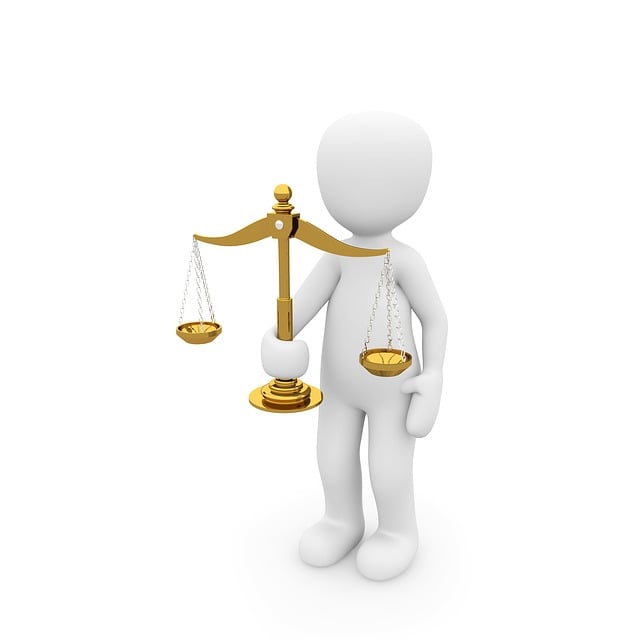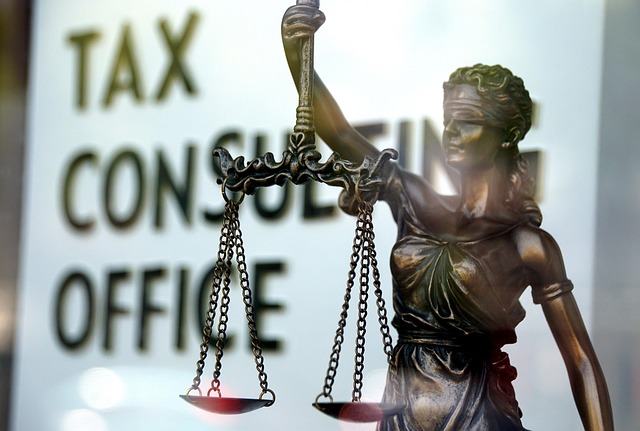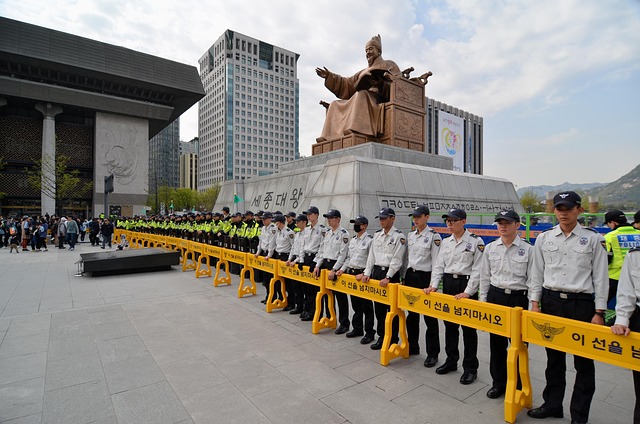Employment law disputes require understanding key steps: identify legal issue, gather evidence, choose forum (EEOC, state agency or civil court), file complaint, comply with deadlines, document details, articulate violation, and communicate with legal representatives for a favorable outcome. Proactive compliance fosters trust and ensures fair practices. Regular updates from counsel navigate complex regulatory landscape, protecting rights and serving justice.
Regulatory compliance issues within employment law can be complex, but understanding the steps to file an employment law complaint is crucial for both employees and employers. This comprehensive guide details the process from start to finish, including gathering evidence, navigating legal requirements, presenting your case effectively, and tracking progress post-complaint. By following these essential steps, you’ll ensure a strong foundation for resolving employment disputes and promoting justice in the workplace.
- Understanding Employment Law Complaint Process
- Gathering Evidence for Strong Complaint File
- Navigating Legal Requirements and Deadlines
- Presenting Your Case Effectively to Authorities
- Post-Complaint: Tracking Progress & Ensuring Justice
Understanding Employment Law Complaint Process

Navigating the employment law complaint process can seem daunting, but understanding the steps involved is crucial for both corporate and individual clients facing potential violations. The first step in filing an employment law complaint is to identify the specific legal issue at hand, whether it pertains to discrimination, harassment, unfair labor practices, or white-collar and economic crimes. Once identified, individuals should gather relevant evidence, such as documents, emails, or witness statements, which can strengthen their case.
The next step entails selecting the appropriate forum for filing. This could be with a government agency like the Equal Employment Opportunity Commission (EEOC) or state-level fair employment agencies, or it might involve initiating legal proceedings in civil court. The choice depends on the nature of the complaint and the desired outcome. After filing, there will typically be a period of investigation where authorities review the evidence and may conduct interviews. This process can be complex, especially with general criminal defense considerations in mind, but seeking legal counsel can help ensure compliance with procedures and increase the likelihood of a favorable resolution.
Gathering Evidence for Strong Complaint File

When building a strong case for an employment law complaint, gathering comprehensive evidence is paramount. The process begins with meticulously documenting every detail related to the alleged violation. This includes collecting and organizing records such as emails, performance reviews, payroll documents, and any communication logs. Additionally, witness statements from colleagues or individuals who can attest to the facts are invaluable. These steps are crucial in creating a compelling narrative that supports the claim.
A well-prepared evidence package increases the chances of a winning challenging defense verdict or even a complete dismissal of all charges. It allows for clear and concise presentations during jury trials, where each piece of evidence contributes to building a robust case. By following these steps to file an employment law complaint with thorough documentation, individuals can navigate the legal process with confidence, ensuring their rights are protected.
Navigating Legal Requirements and Deadlines

Navigating legal requirements and deadlines is a critical aspect of regulatory compliance, especially when it comes to employment law complaints. The first step for any individual or corporate client facing an employment dispute is to thoroughly understand the applicable laws. This involves researching federal and state regulations, as well as relevant case law, to ensure all legal bases are covered. Once the legal framework is clear, the next crucial step is to gather all necessary documentation. This includes employment contracts, performance reviews, any correspondence between the employer and employee, and any evidence of discrimination or unfair treatment.
The process of filing an employment law complaint typically involves submitting a detailed grievance report to the appropriate regulatory body within specific deadlines. For his clients, whether they are corporate or individual, it is essential to adhere to these timelines to avoid delays and potential legal complications. Philanthropic and political communities also benefit from proactive compliance, as it fosters trust and ensures fair practices in their operations.
Presenting Your Case Effectively to Authorities

When presenting your case to authorities regarding regulatory compliance issues or employment law complaints, clarity and persuasiveness are key. Start by documenting every detail—dates, conversations, evidence—relevant to the dispute. Organize this information logically, ensuring each step in your narrative is easily followed. Use clear language to explain the violation, its impact, and the desired outcome.
Remember that authorities, especially in high-stakes cases involving general criminal defense, are looking for a compelling argument leading to a complete dismissal of all charges. Presenting your case effectively means addressing potential counterarguments and demonstrating your understanding of the legal landscape. Tailor your approach to resonate with the authority’s interests, whether it’s ensuring fair employment practices or upholding regulatory standards.
Post-Complaint: Tracking Progress & Ensuring Justice

After a complaint is filed, tracking progress and ensuring justice becomes paramount. This process involves meticulous record-keeping and consistent communication with legal representatives to monitor the case’s status. The steps to file an employment law complaint typically begin with gathering evidence, such as pay stubs, performance reviews, and any relevant documents that support the claim. This initial phase is crucial for building a strong case and demonstrating a pattern of misconduct.
Once filed, it’s essential to stay informed about legal developments and maintain open lines of communication with both corporate and individual clients, across the country, who may have similar concerns. While general criminal defense isn’t typically the primary focus, understanding one’s rights and the potential consequences is vital. Regular updates from legal counsel help in navigating the complex regulatory landscape, ensuring that all parties involved are protected and that justice is served.
Filing an employment law complaint is a crucial step towards ensuring justice and addressing regulatory non-compliance. By understanding the process, gathering robust evidence, and navigating legal requirements with precision, individuals can effectively present their cases. This article has outlined essential steps, from initial understanding to post-complaint tracking, empowering folks to take action. Remember, knowledge of your rights and a well-prepared complaint file are powerful tools in this journey towards a fair and compliant workplace.






